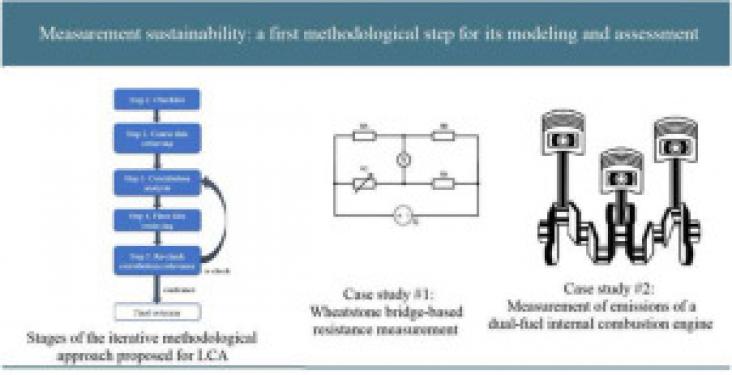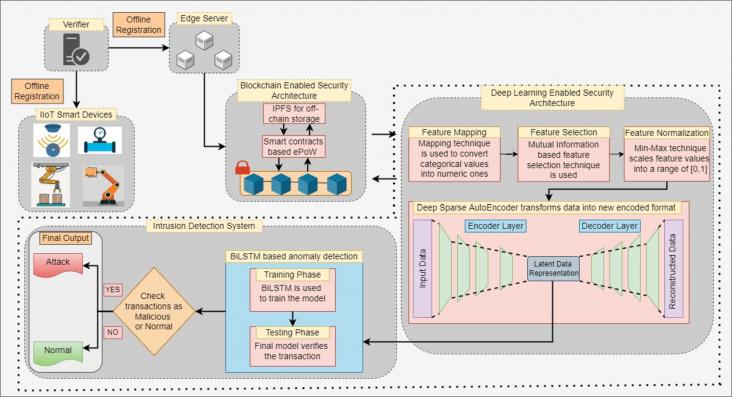This study supports SDG's 9 and 13 through its discussion of the effects of optimizing Municipal Solid Waste management systems by increasing waste collection coverage and implementing diverse streams of waste valorization, causing a decrease of atmospheric pollution.
This paper sought to explore similarities, variations and determinants of sustainable plastics consumption behavior within a sample of approximately 7600 respondents from eight European countries. We find that most consumers engage in sustainable plastics behavior during the usage phase, by reusing plastic containers and refilling water bottles. The regression analysis suggests that personal responsibility, having high values for nature, being a member of a nature organization and feeling knowledgeable about plastic pollution are important predictors of sustainable plastics consumption.
Elsevier,
Measurement: Journal of the International Measurement Confederation, Volume 209, 15 March 2023

The research aims to assess the environmental sustainability of measurements, and the investigation is conducted through two case studies within the information and communication technology sector. The authors put forward recommendations for increasing a measurement's environmental sustainability.
This article supports SDG 13 and 9 by providing exploring the estimation of the role of the studied species as sinks of atmospheric carbon.
This paper show the mathematical and theoretical background of the machine learning algorithm used in this work, the LSTM. The data used are described and the methodology of framework is presented. It shows the predictions results based on LSTM and comparisons with ERA5 and buoy observations.
This Study explores the racial disparities that exist in the emergency departments of 4 hospitals, when they are most prevalent, and how patients' sociodemographic characteristics impact image acquisition time, raising awareness for SDGs 3, 9 and 10.

The Internet of Things (IoT) has revolutionized the traditional healthcare systems into intelligent system by allowing remote access and continuous monitoring of patient data. Specifically, first a novel scalable blockchain architecture is proposed to ensure data integrity and secure data transmission by leveraging Zero Knowledge Proof (ZKP) mechanism. Then, BDSDT integrates with the off-chain storage InterPlanetary File System (IPFS) to address difficulties with data storage costs and with an Ethereum smart contract to address data security issues.
Evaluating the bias and fairness of ML models has drawn much attention in the machine learning and statistics community. Researchers have proposed methods to assess and mitigate the bias for various applications that could adversely affect underrepresented groups, like recidivism prediction, credit risk prediction, and income prediction.
Our research explores how Stakeholder Capitalism can contribute to global governance to achieve all the 17 SDGs. The main findings revealed that Stakeholder Capitalism and its principles are favorable to foster a friendly environment for achieving most of the SDGs and can contribute to global governance in achieving mainly the SDGs 8, 9, and 17. However, Stakeholder Capitalism literature is incipient for the SDGs 6, 14, and 15, needing further research development by considering non-human stakeholders and the environment.
This article supports SDG 3 and 9 by describing a survey of health-care workers in New Zealand on the acceptability of PPE disinfection and reuse to reduce waste and increase availability and sustainability; the survey that this practice was common and had high acceptability, contingent on availability of scientific evidence in support of the disinfection process, and workers' trust in the organisation undertaking the disinfection
